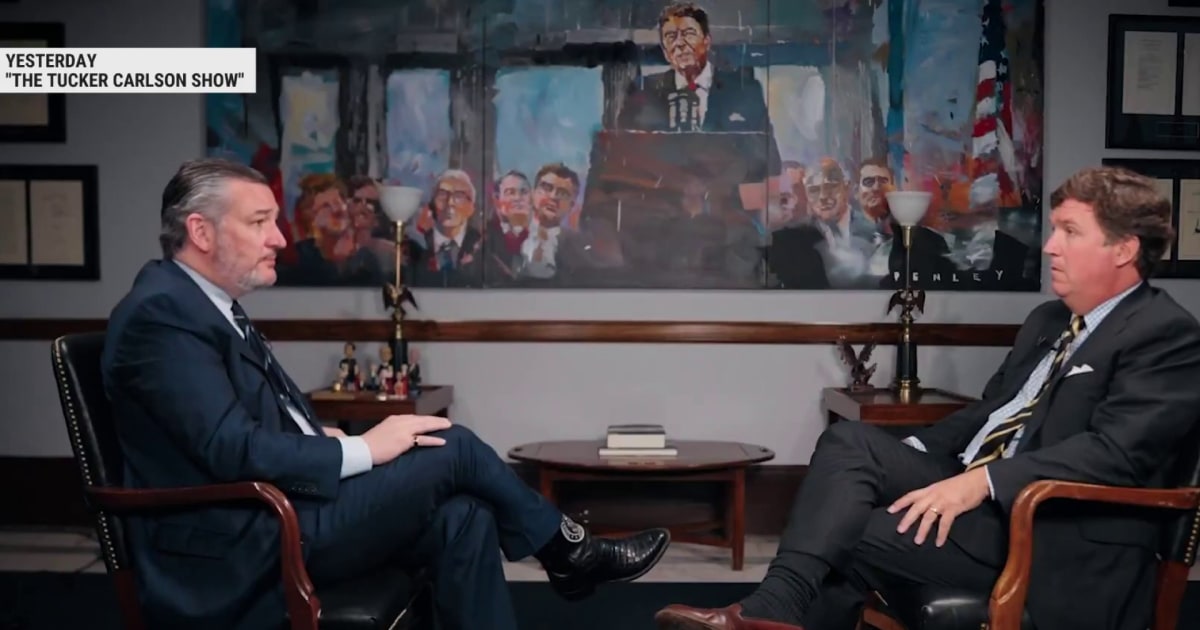- Plain Sight Productions
- Posts
- The Prot-igal Son
The Prot-igal Son
How modern Prots strayed from Luther

Earlier this year, George Janko released his infamous YouTube episode titled “The Christian Avengers.”
Frankly speaking, a lot happened.
More notably, a lot of “Christian” doctrines that are both false and have no historical continuity to ancient Christianity were promulgated.
However, the point of this memo is not to analyze the heretical video.
The common denominator among all of these evangelical Christians–besides the complete lack of understanding of Catholic theology and history–is their gratitude towards Martin Luther for democratizing the access to Biblical interpretations that was previously monopolized by the Catholic Church.
In a sense, one can say that Luther is their idol; not in a sinful way that violates the First Commandment but rather a figure they admire and emulate.
What they–and the rest of nondenominational Christians–fail to recognize is that the overlap between their beliefs and Luther’s is a lot smaller than they think.
Let’s start with baptism.
The Catholic position is the following:
“The Lord himself affirms that Baptism is necessary for salvation. He also commands his disciples to proclaim the Gospel to all nations and to baptize them. Baptism is necessary for salvation for those to whom the Gospel has been proclaimed and who have had the possibility of asking for this sacrament.”
The scriptural basis for this claim is not only Matthew 28:19, which is referenced above, but also John 3:5 and Mark 16:16.
To understand the necessity of baptism, one needs to understand its actual effects:
“Holy Baptism is the basis of the whole Christian life, the gateway to life in the Spirit... and the door which gives access to the other sacraments. Through Baptism we are freed from sin and reborn as sons of God; we become members of Christ, are incorporated into the Church and made sharers in her mission.”
“Baptism not only purifies from all sins, but also makes the neophyte ‘a new creature,’ an adopted son of God, who has become a ‘partaker of the divine nature,’ member of Christ and co-heir with him, and a temple of the Holy Spirit.”
Summed up, the key to baptism is its regenerative nature, cleansing us of our original sin inherited from Adam and Eve.
Conversely, the popular evangelical phrase of baptism being “an outward expression of your inward faith” clearly contrasts Catholics’s view of the sacrament.
Since evangelicals deny the regenerative nature of baptism and uphold that it is merely the symbol of a person’s acceptance of Jesus Christ, it logically follows that they reject infant baptism as well.
When it comes to Luther, he couldn’t be any further from these ideas.
He upheld the doctrine of baptismal regeneration, asserting that baptism is the means through which God imparts grace and salvation to all who receive it, including infants.
“I [God] have given you baptism as a gift for the forgiveness of sins, and preach to you unceasingly by word of mouth concerning this treasure, sealing it with the Sacrament of my body and blood, so that you need never doubt.”

protestants after reading that
Moving to communion, Catholicism correctly labels it as “the source and summit of Christian life.”
“In the most blessed sacrament of the Eucharist ‘the body and blood, together with the soul and divinity, of our Lord Jesus Christ and, therefore, the whole Christ is truly, really, and substantially contained.’”
“Holy Communion augments our union with Christ. The principal fruit of receiving the Eucharist in Holy Communion is an intimate union with Christ Jesus. Indeed, the Lord said: ‘He who eats my flesh and drinks my blood abides in me, and I in him’ (John 6:56).”
For Catholics, the Eucharist’s importance is not emphasized simply to uphold traditions passed down since the apostolic age but rather because its importance is so heavily emphasized in scripture.
The references are littered everywhere, from John 6:51-57 to Luke 22:19.
Interestingly enough, when Christ commands His followers to eat His flesh and drink His blood, many of them couldn’t accept this teaching, prompting some to say “this saying is hard; who can accept it?” Shortly after in John 6:66, many of the disciples stopped following Christ, with the symbolism of “666” representing the rejection of Christ.
For many Protestants, the idea that Christ told us to participate in the Eucharist “in remembrance of me” seems to be a mere suggestion.
At best, evangelical services will distribute a cracker and grape juice to symbolize communion, clearly rejecting the real presence of Christ.
However, many of these services do not have any form of communion, as they tend to focus on scripture and worship.
Luther, again, diverges sharply from this view.
He believed in the doctrine of the “real presence” of Christ, asserting that Christ’s body and blood are truly present “in, with, and under” the bread and wine during the Eucharist.
He also identified communion as a means of grace and a source of spiritual nourishment.
While his real presence doctrine differs slightly from the Catholic view of transubstantiation, there is still the agreement that Christ’s teachings in John 6 point to the idea that Jesus is really present in the sacrament of communion.
“Sooner than have mere wine with the fanatics, I would agree with the Pope that there is only blood.”
“Since we are confronted by God’s words, ‘this is my body’ – distinct, clear, common, definite words, which certainly are no trope, either in Scripture or in any language – we must embrace them with faith…not as hairsplitting sophistry dictates but as God says them for us, we must repeat these words after him and hold to them.”
In addition to the conversation surrounding the Eucharist, in a similar manner, most nondenominational Christians acknowledge that Mary holds some significance in Christian theology but tend to “keep Jesus the main thing,” formally known as Christocentrism.
While this seems innocent enough on the surface, an important implication of this view is that Mary simply a normal woman who just happened to carry out the will of God.
Furthermore, this inevitably leads to the false idea that Mary was a sinner just like the rest of us.
“Mary was a woman who needed a Savior just like the everyone else…she was blessed, but not sinless.”
“Rome says she is ‘full of grace’ because she had no sin. The Reformers understood ‘full of grace’ to mean she received grace – because she was a sinner, like the rest of us.”
The fact that nearly all of the early Church Fathers upheld doctrines of Mary’s importance in salvation history, her freedom from sin, and her role as the Ark of the New Covenant is not surprising.
What is surprising is Luther being in near agreement with current Catholic Marian dogmas.
In fairness to Luther, it is extremely difficult to read Luke 1 with an open mind and arrive at the conclusion that Mary is just any other woman who just happened to give birth to the God-Man.
Contrarily, she is set apart from all other women (Luke 1:42), the mother of our Lord (Luke 1:43), and will be called blessed by all proceeding generations (Luke 1:48).
“It is a sweet and pious belief that the infusion of Mary's soul was effected without original sin... Thus, from the first moment she began to live she was free from all sin.”
“She is full of grace, proclaimed to be entirely without sin — something exceedingly great. For God’s grace fills her with everything good and makes her devoid of all evil.”
All of these quotes from Luther would genuinely shock most Protestants today, highlighting just how far modern American Protestantism—especially of the nondenominational variety—has strayed from its own founder.
The popularity of “just me and my Bible” likely stems from America’s love for individualism and its history of rejecting its previously “oppressive” authority.
Stay tuned next week for a full breakdown of the parallels between American individualism and the rise of nondenominationalism.
If you enjoyed this article, feel free to share with a family member, co-worker, or friend who would enjoy it as well and tell them to subscribe.
Thanks for reading and until next time.



Reply